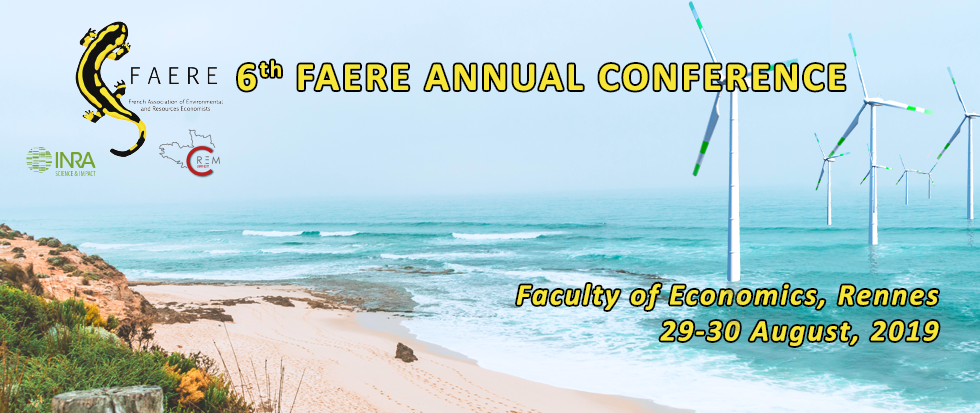This paper investigates the signaling interactions of a rm and a Green Non-Governmental Organization (G.NGO) in a market vertically dierentiated. The interplay between two sources of signal, the hard evidence displayed by the NGO and the price set by the Monopoly, yield fruitful results concerning the path of the transmission of information on environmental quality. More precisely providing a "good news" that a rm is environmentally friendly or a "bad news" that the rm is a polluter operate on radically dierent channels. As a result, a surprising result is that the imperfect label (naming) never restores complete credibility while the imperfect monitoring (shaming) can. The presence of an NGO with an imperfect monitoring technique is sucient to reduce the signaling cost and can even restore the full information prices. Nevertheless, when the market reveals information, the NGO, without heterogeneous cost, is indierent between adopting a naming or a shaming strategy. The major point is when the market conceals information, the optimal informative strategy matches to the stage of the development of clean production technologies.

Incidence of the Naming and Shaming Strategies of an NGO on the Signaling Strategy of a Firm
1 : Centre dÉconomie de lÉnvironnement - Montpellier - FRE2010
(CEE-M)
-
Website
Centre National de la Recherche Scientifique : FRE2010, Institut national d’études supérieures agronomiques de Montpellier, Institut National de la Recherche Agronomique, Université de Montpellier
2 Place VialaINRA - MSA34060 Montpellier Cedex 2 -
France
2 : Département d'économique
Pavillon J.-A.-DeSève Local 2270 -
Canada


